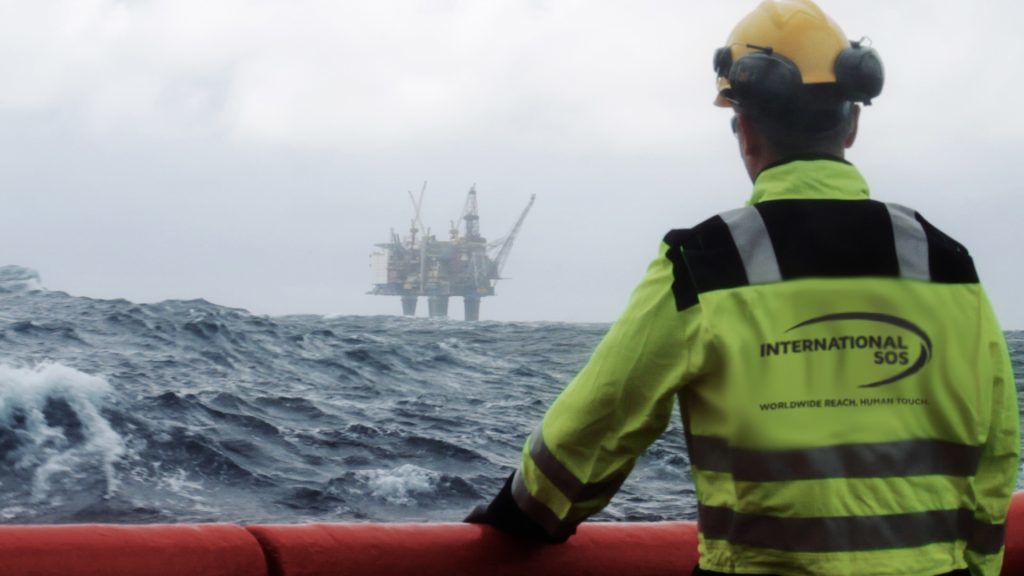
As the drive to reduce operating costs in the North Sea continues, it is important to focus on what matters most: protecting the health and safety of those who work in one of the harshest offshore environments in the world.
In response to this the team here at International SOS formed a work group, led by Dr Louise Slaney, to investigate how to increase operating efficiency and client satisfaction, while maintaining the provision of high quality medical services.
The group developed a procedure whereby HSE-approved offshore medics conduct Oil & Gas UK (OGUK) medicals offshore on the asset, enabling time and money to be saved.
The policies and procedures are one component of the service. Of equal importance is the procurement and utilisation of key diagnostic systems, which includes; audiometry, spirometry and ECG. A solid training programme for the medic is also a crucial component.
The procedure has been approved by the representative body for the UK’s offshore oil & gas industry, OGUK, and has been operational for six months. This new and improved process brings several key benefits for the different stakeholders involved.
The offshore worker
Having their OGUK medical offshore makes life easier for workers as it decreases the amount of time spent away from home during their field break. Offshore employees appreciate the time-saving generated by the transition of what was once a typical onshore service to offshore.
The employer
Many energy sector companies pay employees a day rate (or double day rate) to attend a medical, so the cost-saving potential of this system can bring huge benefits. Travel and other associated costs are eliminated.
The offshore medic
Of course, any revision to our processes would not be possible if the safety and wellbeing of offshore workers were to be adversely affected. International SOS medics carrying out OGUK medicals offshore will have been fully-trained at our specialist facility onshore.
In addition to a targeted training plan, the offshore medic enjoys the full backing of the onshore medical team during their work on the asset, and every test result is reviewed by an OGUK doctor on the mainland.
If these results are within the normal parameters, then a certificate will be issued. Otherwise, any abnormal findings will be considered by the onshore team in order to decide the best course of action.
The employee benefits from the increased convenience of an offshore medical, while the medic gains higher-level responsibilities in this way and improves their collaborative skills by working in tandem with the onshore OGUK-registered doctor.
One of our largest clients has been a key backer in the process of conducting OGUK medicals offshore. This solution has been such a success that we envisage a range of other services being offered by our offshore medics in the future.
Dr Michael Braida is regional medical director, International SOS.
Recommended for you
